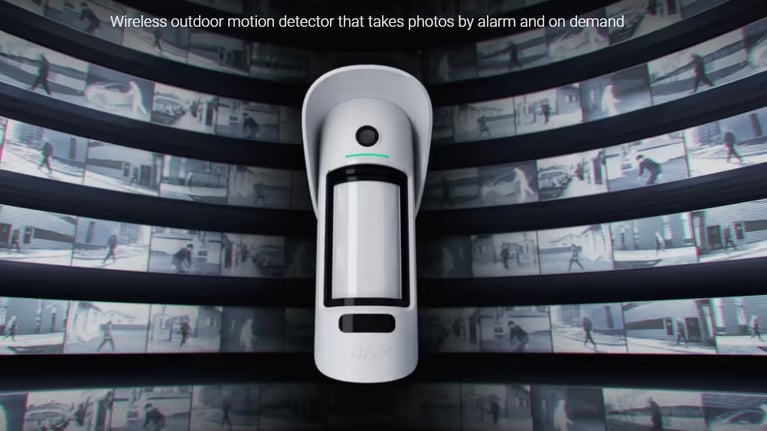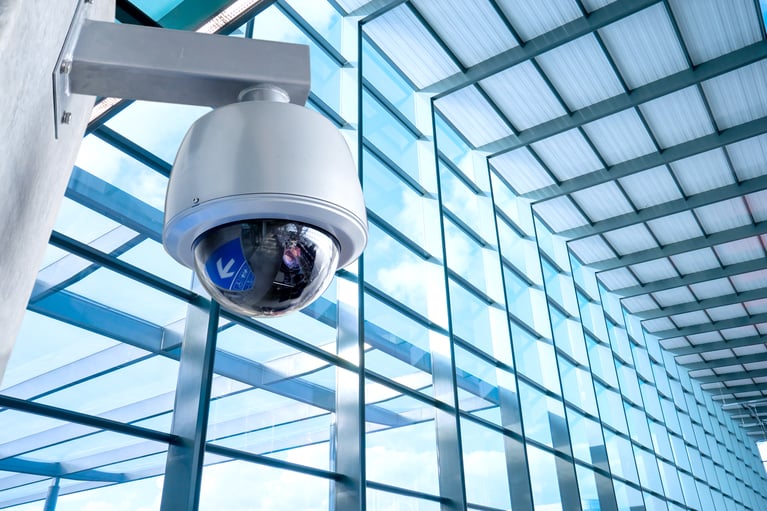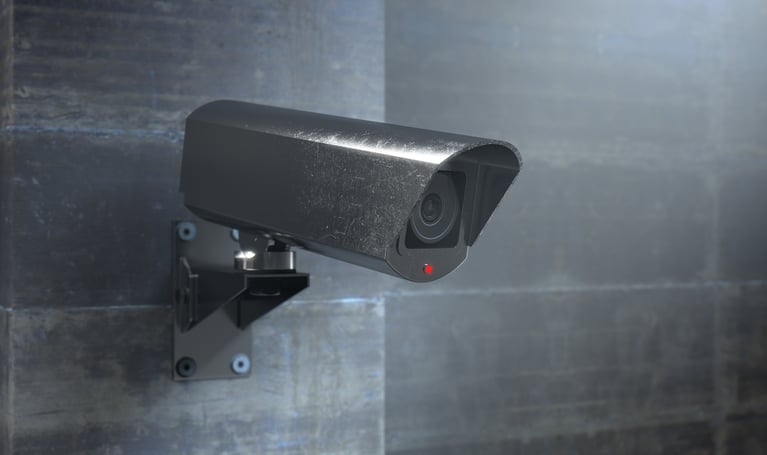When it comes to protecting your business, having the right access control system is crucial. There are two main options to choose from: on-site and cloud-based. While traditional on-site systems have been around for years, cloud-based systems are quickly gaining popularity due to their ease of use, flexibility, and remote management capabilities.
In this blog, we’ll explore the benefits and drawbacks of cloud-based access control systems to help you determine if it’s the right choice for your business.
What is a Cloud-Based Access Control System?
A cloud-based access control system is a system that operates remotely. Instead of having servers installed on-site, all security information is stored offsite by a security provider. Using the internet, you can log in and manage your system from your mobile device.
With a cloud-based system, all your access control hardware is connected to the internet, either through a wired or wireless connection. Any updates made on the remote system are sent back to your hardware through the internet.
Benefits of Cloud-Based Access Control Systems
Flexibility: The main benefit of cloud-based access control systems is the ability to operate your security system remotely. You can log in from your PC, laptop, tablet, or smartphone, even if you’re out of the office. If you have an internet connection, you can manage your access control systems.
Lower Up-Front Cost: Since there are no servers to install or software to download, cloud-based access control systems have a much lower upfront cost compared to traditional on-site access control systems. Most cloud-based systems operate using a monthly subscription, so it can be considered a monthly expense instead of a capital purchase.
No Maintenance: With an on-site access control system, you would have to hire someone to manage and maintain the servers and keep the software updated. With a cloud-based system, all maintenance and updates are handled by the cloud service, so you have less to worry about.
Scalability: Cloud-based access control systems operate via the internet, so you can have as few or as many systems connected as you want. Even if your business has multiple sites around the world, they can all be controlled using one cloud-based system.
Drawbacks of Cloud-Based Access Control Systems
Internet-Reliant: The main drawback of cloud-based access control systems is that they rely on the internet. If the internet goes down, you lose connectivity to your system.
More Expensive in the Long Run: While on-site access control systems are more expensive up front, they typically cost less per month compared to cloud-based systems. With ongoing subscription fees, cloud-based access control systems could end up costing more over time. It typically takes several years for cloud-based systems to become cheaper than on-site systems.
Not as Secure as On-Site Systems: Some companies prefer to keep their security information on-site. While cloud-based access control systems are secure, they’re not quite as secure as on-site systems.
Choosing the Right System for Your Business
With the wide variety of access control systems and features on the market, it can be hard to determine which one is right for your unique needs. The experts at Four Walls Security have years of experience working with businesses in the Brisbane area. They can help you find and install the perfect system to suit your needs. Contact them today to take the first step towards a more secure future.









